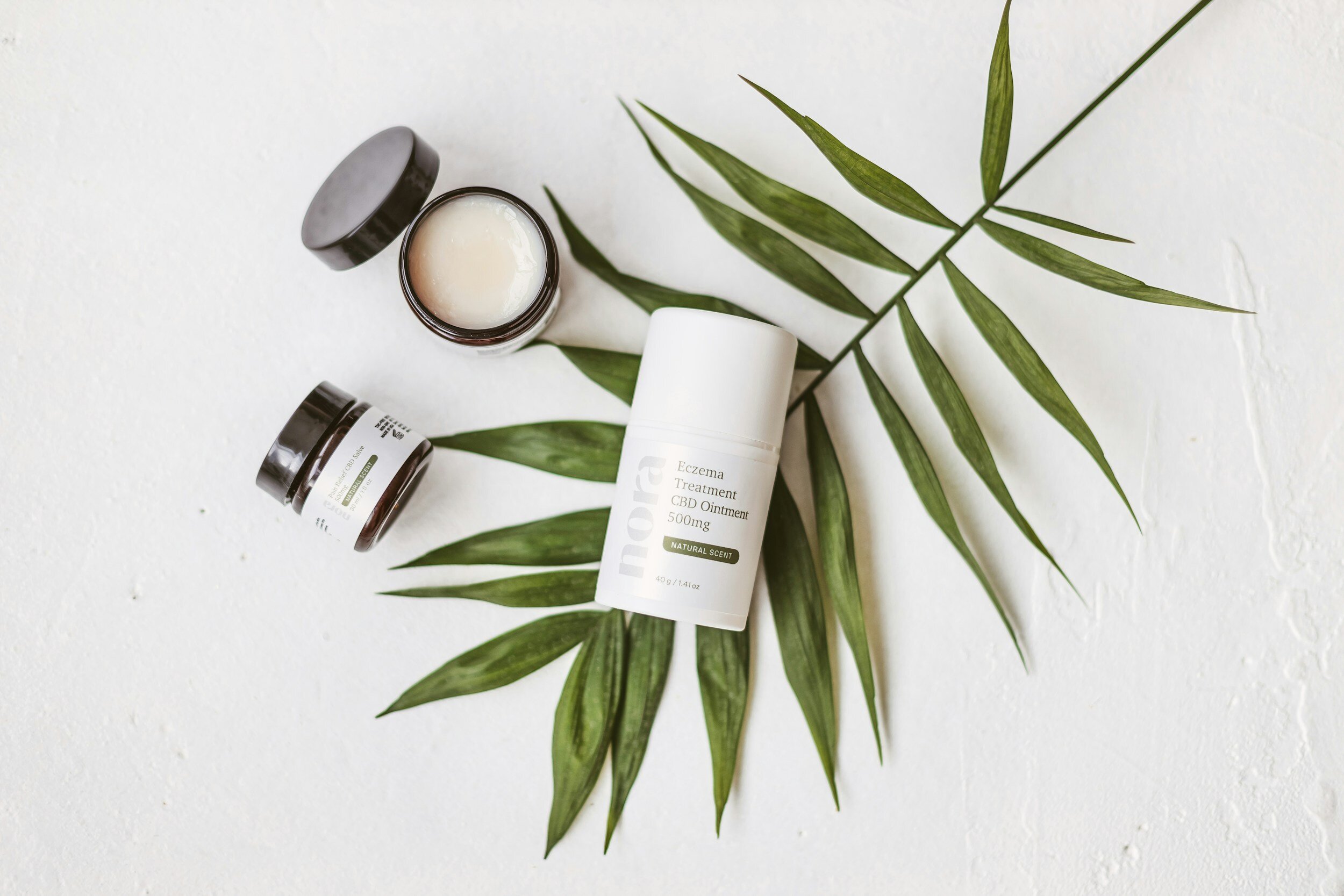The facts.
-
Greenwashing is a marketing technique which involves misleading labeling that leads consumers into thinking something is better for the environment or the consumer than it really is.
-
The cosmetics industry is unregulated so consumers are at the mercy of marketing claims
-
Third party certification is becoming an important way for companies to differentiate in a crowded marketplace.
The big picture.
Greenwashing is a dangerous practice. By misleading consumers into a false sense of security, it promotes the buying of products that are not in line with buyer’s values and potentially harms the environment. In addition, it detracts from those who are making an honest effort to be ethical and accurate in their claims.
Terms such as ‘clean’, ‘organic’, ‘natural’ are major contributors to the problem. The clean beauty industry, with their messaging that natural is always better than synthetic, has driven consumer behavior in a negative direction, something we talk about on our ecofriendly cosmetics and clean beauty posts. This labeling has been driving an obsession among some consumers so it’s important to step back and take a look at the whole picture.
In this post, we delve into common beauty certifications and how to use them to help you be a kinder consumer – kinder to yourself and the world around you.
The choices – beauty certifications.
Life-focused Beauty Certifications
If your focus is on being kind to living things . . .
Cruelty Free
-
Leaping Bunny – Certifies that there is no animal testing BUT does not guarantee that the product is free of animal products.
-
PETA Cruelty Free (Beauty without Bunnies) – Certifies that there is no animal testing AND that the product is free of animal products.
-
PETA Cruelty Free AND Vegan (Beauty without Bunnies) – means that all of the brand’s products are cruelty free and vegan.
-
Note: Many products will be labeled vegan if they do not contain any animal products.
Watchouts
-
Plant Based – this has become a marketing gimmick and does not guarantee that the product is vegan.
-
Some brands may be cruelty free but their parent company is not. If this matters to you, check out the Leaping Bunny website for more information.
-
Common animal ingredients are: Hyaluronic Acid, Collagen, Glycerin, Beeswax. You can find a list here.
Human Conditions
-
Fair Trade Certified – Ensures that suppliers and producers are paid a fair price and tracks the impact back to the community and to the Individual.
-
Does NOT provide any information on manufacturing conditions and fair pay for factory workers.
-
Earth-focused Beauty Certifications
If your focus is on the earth and environment . . .
Sustainability
Rainforest Alliance – Certifies agricultural products (ie) Cocoa Butter, Shea Butter, Palm Oil, Botanical Extracts.
-
Looks at things such as biodiversity conservation, ecosystem protection, worker rights, community engagement, and sustainable land management practices.
Forest Stewardship Council – Certifies wood based products eg wooden cosmetics brushes
-
Looks at biodiversity conservation, indigenous rights, worker safety, and community well-being.
Ecocert Cosmos Organic – certifies that organic and natural chemicals are grown in organic conditions free of petrochemicals while respecting biodiversity
Watchouts
-
All-natural or Natural – this does not mean sustainable. In fact, the push for natural products has led to increased deforestation
-
Plastic Free – this refers to packaging only and does mean that the ingredients are sourced in a sustainable or responsible way.
-
Eco-friendly – this is a nonspecific term and is used often in greenwashing
-
Anything in green packaging – this is a common technique to suggest that it is sustainable. Read the label.
Holistic Beauty Certifications
If you are considering both a life and environmental focus . . .
B-Corp – This is the most holistic certification. It looks at societal and environmental performance in totality but evaluates the company’s approach, rather than a single product. A company who is B-Certified is doing a good job with their people and with environmental standards. That does not mean that the company is vegan or carbon neutral.
USDA Organic – Not used much in cosmetics and applicable only for products which contain agricultural materials (ie) botanicals. Three levels include;
-
“100% Organic” – Product must contain (excluding water and salt) only organically produced ingredients.
-
Look for the USDA label
-
-
“Organic” – Product must contain at least 95% organically produced ingredients (excluding water and salt).
-
Look for the USDA label
-
-
“Made with Organic ingredients” – Products contain at least 70% organic ingredients.
-
Will not have the USDA label
-
Watchouts
-
Clean – As discussed in our clean beauty post, this is a non-standard term and is currently overused in beauty and cosmetics. Some stores (ie) Sephora will list how they define ‘clean’ but this will be different at another store. There’s a lot of hype about what ingredients are actually harmful and some many not be worth the extra dollars for the “clean” label.
-
Chemical Free – this is a nonspecific garbage term meant to mislead.
-
Botanical – this simply means that there are some plants in the product. It does not mean that is healthy or good for you.
-
Dermatologist Tested – this does not mean that it is dermatologist endorsed. It simply means that in a test by a dermatologist, it did not cause an allergic reaction.
-
Hypoallergenic – this does not mean that allergies are not possible. It is a loosely defined term.

